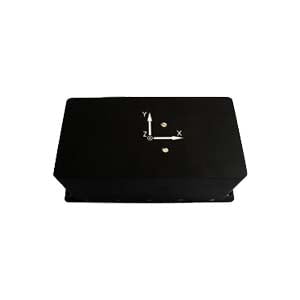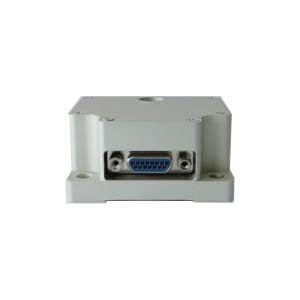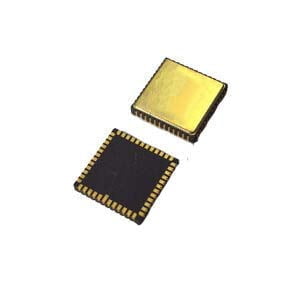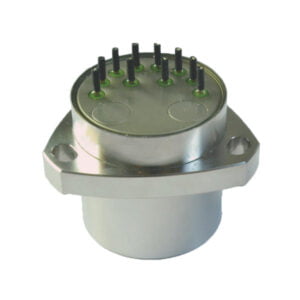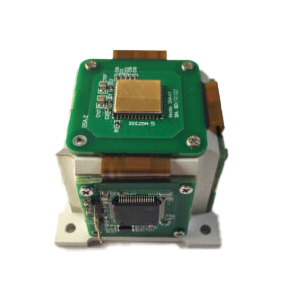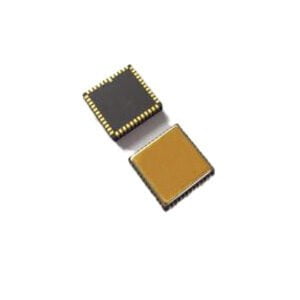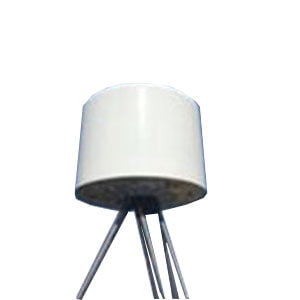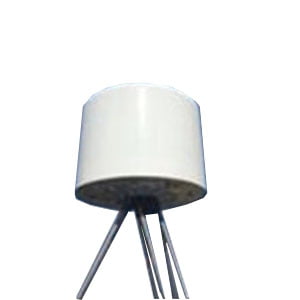Strong Anti-interference Short Range Anti-UAVs Radar-3
Introduction
The Ku-band anti-UAV radar is designed specially for "low, small, and slow" target detection. It is a three-coordinate radar for three-coordinate positioning multi-target in the airspace. The radar rotates 360° in the azimuth dimension to achieve comprehensive monitoring of the perimeter. In the elevation, by machine scanning and the single-pulse angle measurement, the radar can achieve the height measurement of the target and the large area coverage of the airspace. The main indicator of the short-range radar (3km).
Applications
Low-altitude security in important areas such as airports, oil depots, mining plants, (nuclear) power plants, water plants, dams, etc.
Border security protection of border defense, coastal defense and islands and reefs
Teaching and training in middle schools, universities and professional schools
Functions
Strong ability to suppress clutter
Unlike ordinary two-dimensional mechanical scanning radar, the radar simultaneously generates three beams in the elevation: sum beam, difference beam, and side lobe hidden antenna beam. The sum beam is mainly used to detect the target to obtain the distance and speed information of the target, the difference beam is used to measure the height of the target, and the side lobe hidden antenna beam is used to suppress the clutter signal received from the side lobe of the radar antenna to reduce the false alarm rate.
"Low, small, slow" target detection
In view of the features of slow flying speed of UAVs, the maximum speed is usually less than 20m/s. The radar uses a long-term accumulation method to improve the detection ability of "low, small, and slow" targets, and at the same time, to reduce the radar's transmit power at the same discovery distance. The average transmitting power of the radar and the transmitting power of the mobile phone base station are kept the same.
Distinguish between ground and air targets
Because the UAVs are flying at low altitude and easy to mix with buildings, ground, pedestrians, and vehicles. The radar first distinguishes moving targets from static targets such as buildings and ground by measuring the doppler velocity of the target, and then uses the height data to distinguish aerial moving targets from ground moving targets.
All-weather work ability
Structurally, with the radome the radar can work in various weather conditions. Electrically speaking, the probability of a UAV flying in rainy weather, especially in moderate weather or above, is very low. Assuming that a UAV takes off in the rain, the radar's power distance is basically no loss under the climatic conditions of light rain, the power distance drops by 5% under moderate rain conditions, and the power distance drops by 15% under heavy rain conditions.
Networking capability
The radar is set with multi-point transmission frequency, and the same-frequency interference suppression technology is adopted, so that the same-frequency interference problem can be well avoided as the radar is networked.
Specifications
Detection range:
Distance: ≥3km (Pd=80%, Pt=10-6, RCS=0.01m2)
Azimuth: 0°~360° mechanical scanning
Elevation: -10°~+ 30° mechanical scanning, beam coverage ≥10°
Speed: 2m/s~130m/s (radial speed)
Detection accuracy:
Distance accuracy: ≤10m
Azimuth accuracy: ≤0.5°
Elevation accuracy: ≤1°
Resolution:
Distance: ≤20m
Azimuth: ≤2.5°
Elevation: ≤10°
Data processing capacity:
Tracking method: TWS/continuous tracking
Number of tracking targets: not less than 100 (TWS)/1 (continuous tracking)
Data rate: 6s (TWS)/1s (continuous tracking)
Application Techniques
1.Application of IMU in UAV Flight Control System
2.Application of Quartz Accelerometer in UAV and Positioning System
3.How to apply MEMS sensor in Oil & GasᅵAerospaceᅵAHRSᅵUAV?
4.The role of IMU in UAV (MEMS three-axis accelerometer, three-axis gyroscope, three-axis magnetometer)
5.Anti-UAV Defense System
6.The Theory of Anti-UAV Defence System
More Products
